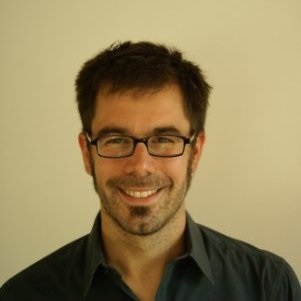Distinguished iNANO Lecture: The limits of detection of micro/nanotechnology enabled biosensors
Assistant professor Jérôme Charmet, Institute of Digital Healthcare, University of Warwick, UK
Info about event
Time
Location
iNANO auditorium (1593-012), Gustav Wieds Vej 14, 8000 Aarhus C

Assistant professor Jérôme Charmet, Institute of Digital Healthcare, University of Warwick, UK
The limits of detection of micro/nanotechnology enabled biosensors
The field of biosensors, driven among others by recent advances in micro and nanotechnologies, has seen the development of ultra-sensitive sensors. The progress has been such that the limit of detection of many micro/nano-sensors is low enough for the early diagnosis of a range of diseases.
The deployment of such sensors at the point of care would greatly improve patients’ quality of life by providing rapid feedback and enabling swift, potentially life-saving procedures and treatments. However, the higher sensitivity of micro/nano-sensors has revealed a range of issues that need to be addressed before they can be deployed in clinical settings. For example, the decrease in the sensors capture area (linked to an increase in sensitivity for a range of sensors) puts a burden on the limit of detection of such sensors through a reduction of the number of captured analyte molecules.
Here I will discuss how the measurements are influenced by the heterogeneity and stochastic nature of biological processes in the sensing environment. In particular, I will examine the situation when analyte molecules are bound sparsely at random locations on the sensor interface. Such a configuration, that is common in many real-life situations, make the interpretation of the measurement particularly challenging for a range of micro/nano-sensors that have a location-dependent. I will also discuss how the quantification of the measurement variations due to stochastic processes can be used to define new statistical methods enabling high resolutions sensing without compromising the sensitivity of mechanical sensors. Finally, I will describe microfluidics-based approaches to improve measurement resolution.
Host: Associate professor Mingdong Dong, Interdisiplinary Nanoscience Center, Aarhus University
Coffee, tea and buns will be served from 10:00 am in front of the auditorium.
